
Planned community births in Oregon showed increased risks only when hospital transfer occurred, underscoring the need for clear counseling and transfer systems.

Planned community births in Oregon showed increased risks only when hospital transfer occurred, underscoring the need for clear counseling and transfer systems.

A study found greater consumption of ultra-processed foods significantly increases the risk of early-onset colorectal cancer precursors.

Ayesha Dholakia, MD, highlights rising pregnancy-related homicides, driven largely by firearms.

A US study of women over 60 found that frequent sex toy use during masturbation was strongly associated with higher orgasm frequency.

Data shows widening disparities in cesarean births among Black birthing people and indicates a need for patient-centered care.

Embryologist shortages and emerging AI technologies are transforming IVF laboratories, driving the need for integrated systems and standardized workflows.
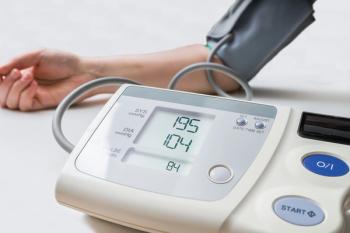
A study found non-Hispanic Black women face higher odds of hypertension and metabolic risk, while obesity raises cardiovascular risk in women with PCOS.

Emerging AI tools are improving efficiency and precision in IVF labs, but high costs and training limitations still prevent them from replacing manual expertise.

Sleep specialist Carleara Weiss, MD, PhD, MSH, RN, outlines the hormonal, physiological, and educational factors affecting sleep in menopausal women

FemBloc, a transcervical, incision-free method of permanent birth control, is advancing through its pivotal trial after strong early safety data.

A study found self-guided hypnosis delivers greater reductions in hot flash frequency and interference than a sham control.

Review some of the top stories from the Contemporary OB/GYN website over the past week and catch up on anything you may have missed.

Researchers have observed a significant rise in tubal ligation rates following the June 2022 Dobbs decision.
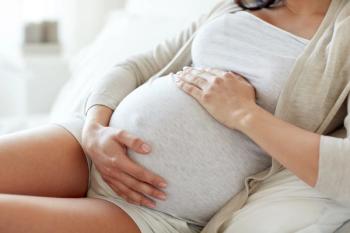
Two-thirds of pregnancies fall outside recommended gestational weight gain ranges, increasing risks for adverse maternal and neonatal outcomes.

New data show that any hypertensive disorder of pregnancy significantly increases a mother’s risk cardiovascular events.
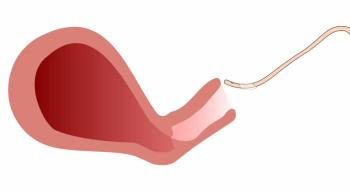
Learn effective techniques for using a Foley catheter to manage postpartum hemorrhage and enhance patient care in critical situations.
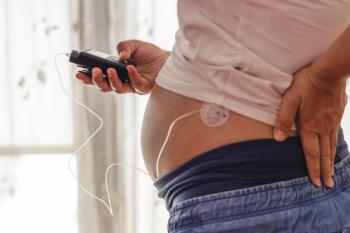
Closed-loop insulin delivery improved time in pregnancy-specific glucose range in a randomized trial of individuals with type 1 diabetes.

New research shows that a single prophylactic antibiotic dose lowers clinically relevant wound complications after second-degree tears or episiotomy.

A study found that self-administered clinical hypnosis significantly reduced hot flashes and improved sleep.
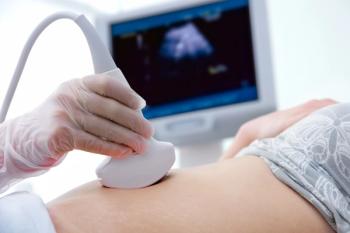
Obstetric ultrasound of pregnancies less than 10 weeks gestational duration is an essential skill for the obstetric provider and has unique considerations.

A study found increased odds of pregnancy-related homicide in states with increased rates of firearm ownership.

Michael Warren, MD, MPH, FAAP, outlines how expanding maternity care deserts and rising chronic disease rates are driving poor maternal outcome.

Sarah M. Crafton, MD, discusses how a new investigational robotic platform is expanding minimally invasive options and improving outcomes for patients.

Research found only modest neonatal outcome differences between general and neuraxial anesthesia during cesarean delivery.

Michael Warren, MD, MPH, FAAP, explains the nation’s stagnant preterm birth rate and widening disparities highlighted in the 2025 report.
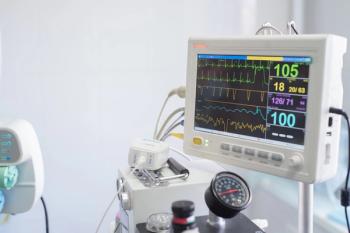
A study found that general anesthesia during c-section is both safe and effective, challenging long-held concerns about newborn health.

A review found no causal link between prenatal acetaminophen exposure and offspring neurodevelopmental disorders.

Review some of the top stories from the Contemporary OB/GYN website over the past week and catch up on anything you may have missed.

Deborah Anderson, PhD, highlights the need for improved contraception access, education, and research support worldwide.

Study finds trouble sleeping, sleep apnea, and short or long sleep duration are linked to higher odds of hypertension in postmenopausal women.